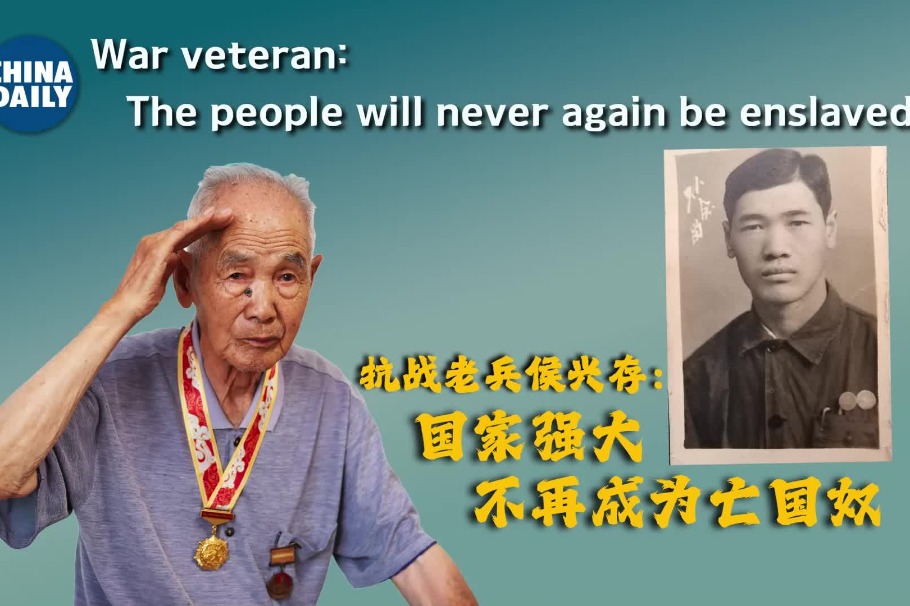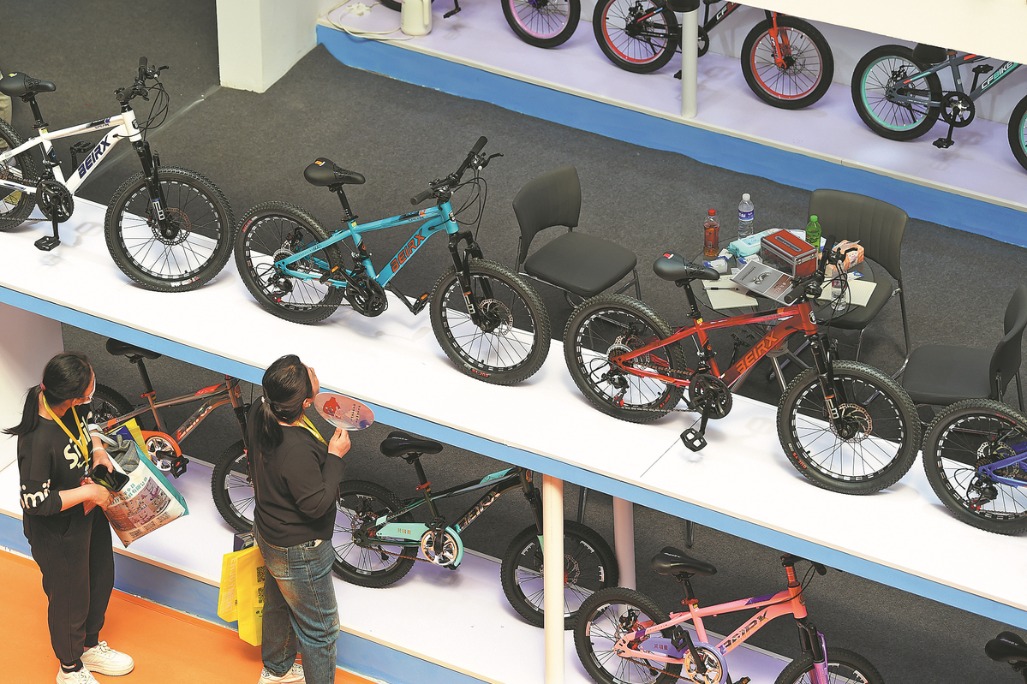New face of an old capital

| Mary Peng (right), co-founder of the International Center for Veterinary Services, says China offers expatriates an opportunity to recreate themselves. Provided to China Daily |

The Expatriate population in beijing has transformed rapidly over the past 20 years and its members have taken advantage of many opportunities, says an old Beijing hand
For more than two decades, Mary Peng has been observing Beijing's expatriate community and witnessed its transformation from a group of enterprising professionals to a huge, diverse community of opportunity seekers.
The energetic co-founder of the International Center for Veterinary Services, China's first foreign-owned full-service animal hospital, has seen several tumultuous changes in China over the years, from the relaxation of the controls on expatriate housing and foreign currency, to the gradual arrival of Western goods on China's shelves.
"I've had the very interesting and pretty unique opportunity to watch how the market has changed, how China has changed, and how the composition of expatriates in Beijing has changed over the years," she says.
Peng came to Beijing in 1992 and has since then worked mostly as the chief representative and executive director for Dentsu, Young & Rubicam and helped the global advertising major develop China marketing strategies for some of the top global brands.
"At that time most of the people were setting up representative offices. All of the clients I served during my time at DY&R were Fortune 500 companies, ranging from Dupont to Shell to Miller Beer and Kraft Foods," she says.
"Everyone was looking at China as an opportunity even then, but were not too sure about how successful they would be. But I knew even then it was going to be a huge opportunity."
Responsible for helping to bring dozens of US products to China, Peng paints a vivid image of what life was like for foreign workers before China became a must-have destination for young professionals.
In the early 1990s, she says, the expatriate community consisted of a small but densely located population of high-level professionals helping build the foundations for big companies in China.
"What you didn't have was a lot of the more free floating individuals who are here without companies. In those days, you really couldn't come to China without the sponsorship of a company," she says.
"We were sent here to do jobs, we didn't just show up."
With the housing market for foreign employees restricted to just a few, very nice, but high priced areas, it was difficult for someone from overseas to simply show up and start searching for work, she says.
One of the biggest changes she has seen is the advancement of medical practice and availability, something near to the advertiser-turned-veterinarian's heart.
She says in the early days of China's development, before any international hospitals were opened, getting medical treatment was the biggest hurdle to expatriate life.
"I remember being here in 1991 and when people got sick they used to hop on a plane and either fly home or to a nearby country. Good medical care simply was not available," she says.
But as an increasing amount of Chinese doctors returned from overseas and hospitals with international standards were introduced, the capital began getting high-level doctors, without inheriting the high costs seen in the West.
"People who have been in China for less than 10 years have very little knowledge and understanding about what it was like then," she says.
The real breakthrough on the medical front is that China now draws people from overseas who are keen to take advantage of the cheap, quality medical care available here, she says.
"I know several people who fly over from the United States to China to get dental care. This is because China now offers the same international standards, but at a fraction of the cost in the West."
It was identifying the need for various medical services, whether in humans or in pets, that led Peng away from her job as a high-flying advertising executive to set up one of the first international standard veterinary clinics in 2006.
Now, serving as president of the International Newcomers Network, she plays a critical role in helping China's newest expatriates acclimatize to life in the capital.
It's something much easier to do than decades before, she says.
"To even consider China a hardship post now, you would have to redefine the word hardship," she says.
Her position at INN has also given her a unique opportunity to observe the nature of foreign employees changing from skilled executives assigned to China to young, eager professionals looking to make their name in the world's fastest growing economy.
"Through INN we've met an incredible number of interesting people who are involved in interesting things - whether it be launching a restaurant, clothing design companies or career consultancies," she says.
"These types of opportunities for expatriates were just not available some 20 or even 10 years ago."
Still in high demand - and enjoying the benefits of abundant expatriate packages - are the deep industry experts, people with high-level expertise that are hard to find anywhere in the world, Peng says.
"If you look at it as a pyramid, these people would be at the top 5 percent. But as you go down the pyramid and look at general management skills, or high-tech skills, or clean-tech skills, you see that the demand is slowly being filled."
She says those that enjoy large bonuses and benefits simply for taking a position in China are increasingly few and far between.
"The days of the seasoned expatriates with translators in tow, cars and drivers, living an insulated existence have gone the way of the dinosaur," she says.
"What I find very interesting is the huge influx of young people from all over the world with various skills, just fresh out of college coming over to find their fortune."
Part of the reason why China is such a big draw for these people, Peng says, is that it allows them to recreate themselves and provides good opportunities, both for the old and the young.
"It really is an opportunity to re-launch yourself."
And even as people come to China to redefine themselves, China has also been redefined.
"I find over the past two decades, that at the beginning China was viewed as very foreign to most of the world. But with globalization and the Internet, people no longer view it as foreign," she says.
"Now people, even if they can't visit, are genuinely interested in reading and learning more about China because it's playing such a large role in many lives across the globe."
toddbalazovic@chinadaily.com.cn
(China Daily 05/17/2013 page6)
Today's Top News
- Taiwan youth urged for more participation
- Visionary Pathway: A blueprint shaped for the people
- China and the EU seek to build foundation on which to further deepen their relations
- Cultural events marking victory against Japanese aggression unveiled
- Wang Yi holds talks with Belgian FM Maxime Prevot
- European Commission president meets with Wang Yi
































